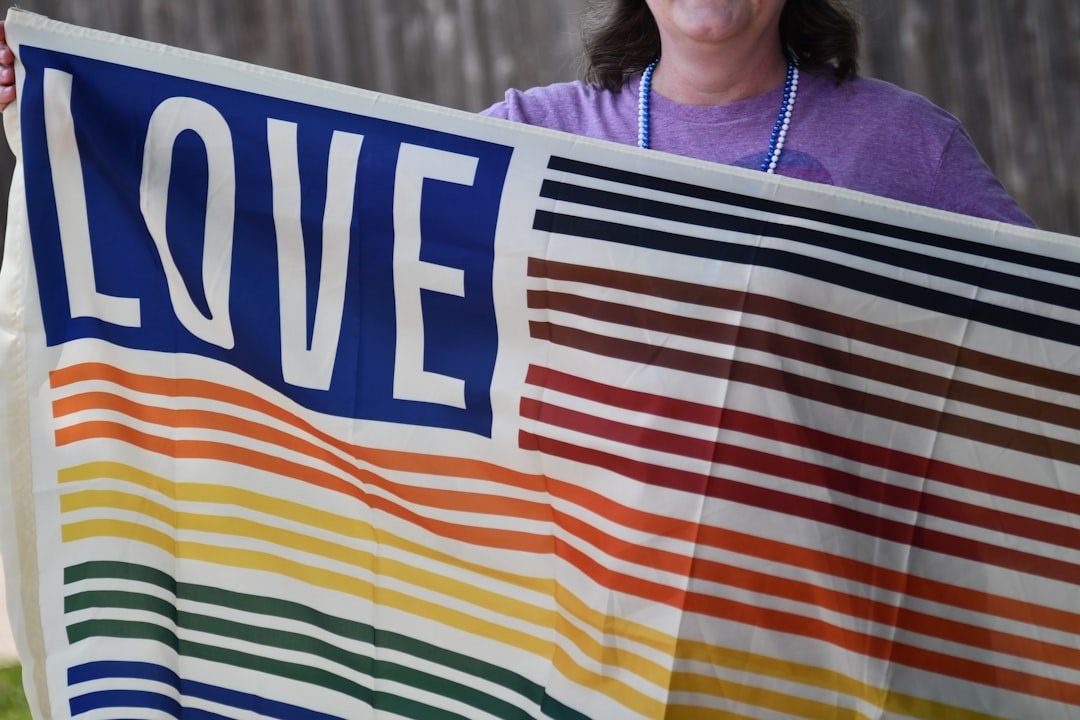
Members of the LGBTQ+ community often hesitate to seek treatment for addiction due to the pervasive stigma and bias they may encounter. Concerns about potential judgment or lack of understanding in typical recovery environments can intensify these challenges, making it crucial to identify supportive options.
Fortunately, specialized recovery programs exist that cater to the unique needs of LGBTQ+ individuals battling addiction. Here’s essential information to guide your decision-making process and help you access the right resources.
Understanding LGBTQ+ Focused Rehabilitation Programs
Rehabilitation tailored for the LGBTQ+ community involves customized support systems aimed at addressing addiction alongside mental health concerns. The primary aim is to foster a safe space where individuals can openly share their experiences without facing prejudice or discomfort.
These programs typically include tailored activities, peer support networks, and therapeutic sessions that resonate with LGBTQ+ participants. They emphasize building self-confidence, fostering healthy emotional strategies, and exploring personal identity, drawing on evidence from mental health experts who note that inclusive care can significantly improve long-term outcomes for this group.
Identifying Supportive and Inclusive Facilities
The top priority when selecting a rehabilitation center is ensuring it embraces LGBTQ+ inclusivity. It’s vital to verify that the staff are well-versed in issues like gender expression and sexual orientation, demonstrating a genuine dedication to compassionate and equitable treatment.
To evaluate this, engage in discussions about the center’s offerings and how they incorporate topics such as identity affirmation or community-specific challenges. Background research shows that facilities with ongoing training for staff on LGBTQ+ matters tend to provide more effective care, reducing dropout rates by up to 20% in some studies.
Exploring Available Treatment Options
It’s equally important to investigate the specific therapies offered at these centers to ensure they align with your personal circumstances as an LGBTQ+ individual. For instance, some programs might focus on safe identity exploration or tackling external prejudices like anti-LGBTQ+ bias and self-image struggles.
Additionally, centers may specialize in various dependencies, such as substance misuse or behavioral addictions, while others prioritize mental wellness issues like anxiety or mood disorders. Thoroughly reviewing options and consulting with professionals can help confirm that the chosen program supports your holistic goals, backed by data indicating tailored approaches lead to higher recovery success rates.
Evaluating Location and Financial Aspects
Don’t overlook practical factors like the facility’s location and associated costs when choosing a rehab center. Opting for one nearby can facilitate easier access and ongoing support, which is especially helpful during early recovery stages.
Many centers offer flexible pricing models, such as income-based adjustments, to make services more accessible. According to recent surveys, proximity to home can enhance engagement in aftercare programs, while cost-effective options ensure that financial barriers don’t hinder access to quality care.
The Advantages of Specialized LGBTQ+ Recovery Centers
Centers designed for the LGBTQ+ community offer distinct benefits for those dealing with addiction or related issues. They recognize the specific hardships, such as societal marginalization and minority stress, which can exacerbate substance use disorders—statistics from health organizations reveal that LGBTQ+ individuals face a 1.5 to 2 times higher risk of addiction compared to the general population.
These facilities often provide enhanced resources, including dedicated support circles and connections to affirming networks. Furthermore, they deliver targeted counseling and educational workshops that address addiction within the framework of queer experiences, helping individuals build resilience and community ties.
Navigating the search for an effective rehab center doesn’t have to feel overwhelming; by examining inclusivity policies, program details, location options, and budgeting factors, you can secure a setting that offers personalized support for LGBTQ+ individuals overcoming addiction. Armed with this knowledge, your journey toward recovery can proceed with greater confidence and clarity!
